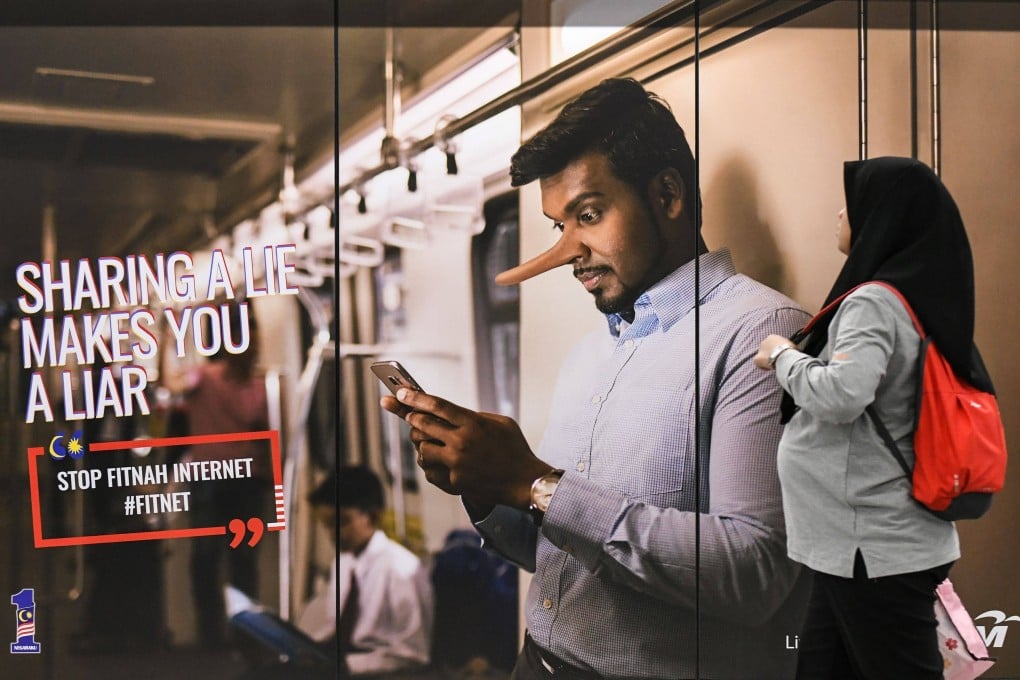Advertisement
Opinion | How Germany’s social media law has unwittingly become a model for ‘fake news’ legislation in Southeast Asia
- As Hong Kong mulls fake news legislation, it may be tempted to consider the German Network Enforcement Act, as many Asian governments have
- Yet, the German law was actually enacted to enhance the ‘notice and take down’ duties of social media platforms with regard to hate speech
Reading Time:3 minutes
Why you can trust SCMP
3

As the Hong Kong government ponders the next move in its fight against “fake news”, legislators are likely to take a closer look at the German regulatory model. Ironically, though, Germany does not have a “fake news” law.
A growing number of countries, notably in Southeast Asia, have ostensibly drawn inspiration from the German Network Enforcement Act (NetzDG) of 2017.
Malaysia enacted its Anti-Fake News Act of 2018 at the peak of the 1MDB scandal, and shortly before a historic election. The act was repealed in 2019, but revived in March this year, with additional police powers, when the government enacted the Emergency (Essential Powers) (No. 2) Ordinance 2021.
Advertisement
Back in 2018, Malaysian ministers defended the act with reference to Western countries such as Germany and France, essentially claiming that even liberal democracies had, or were planning, laws against “fake news”.
Similar references to Germany were made throughout the deliberation and drafting of Singapore’s Protection from Online Falsehoods and Manipulation Act (Pofma). The act criminalises the spreading of false statements of fact on the internet. It also includes powers for the government to order corrections and block access to content.
Current legislative bills introduced in the Philippines House and Senate also refer to Germany and the NetzDG explicitly.
Advertisement
Select Voice
Choose your listening speed
Get through articles 2x faster
1.25x
250 WPM
Slow
Average
Fast
1.25x
